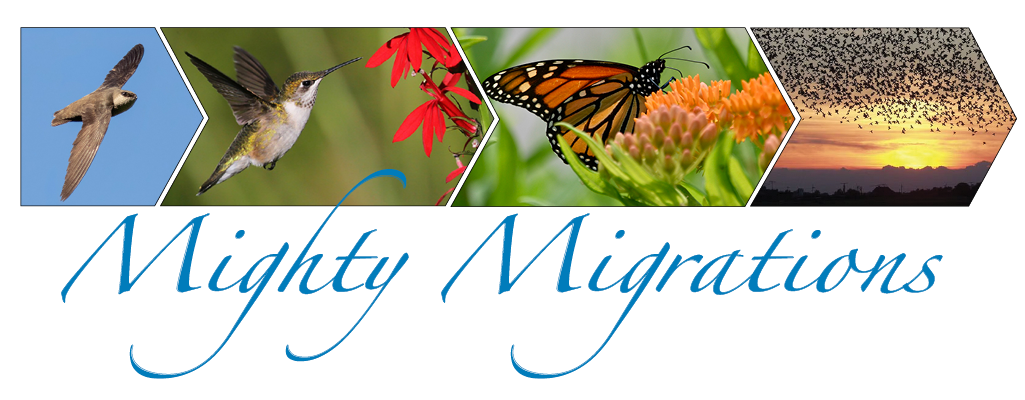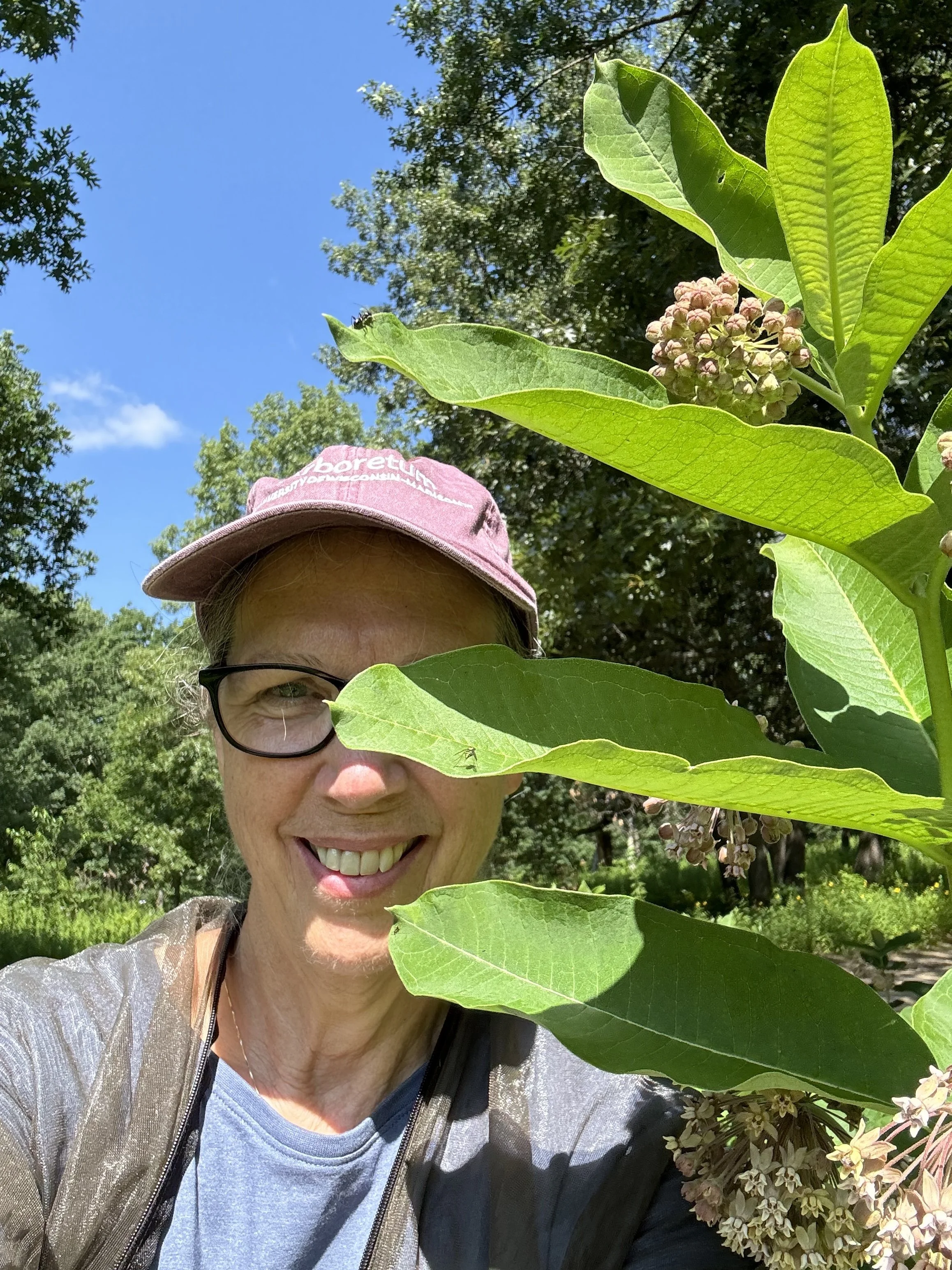Mighty Migrations: The Monarch Butterfly
Monarch butterfly populations have been declining over the last 25 years—essentially the entire time that we’ve been monitoring them. It is important to move beyond documenting this decline, and focus on the challenge posed by monarch conservation and insect conservation in general. In this free, online presentation, Dr. Karen Oberhauser will describe the amazing biology of migratory monarchs, how we can use data collected by scientists and public to understand what is driving monarch numbers, and what we can do with that information. The take-home message will be how we can address species conservation—in our own gardens and beyond—in the face of climate and other human-driven changes.
Karen describes her research field, conservation biology, as the science of hope. The challenges we face as we work to preserve biodiversity are steep, but our collective concern for monarchs and, by extension, the thousands of species with which they share habitats can provide a glimmer of hope in a complicated and rapidly-changing world.
You’ll also learn more about native nectar plants that monarchs rely on for nourishment during their migration, and how to get involved with monarch tagging at Goose Pond Sanctuary this September!
Mighty Migrations: Monarch Butterflies by Karen Oberhauser, August 20, 2025
This presentation is part of the Mighty Migrations Series, a set of three webinars that feature three INCREDIBLE migrating species:
Ruby-throated Hummingbirds by Jennifer Lazewski on August 18, 7pm CT
Chimney Swifts by Steffanie Munguía on August 19, 7pm CT
Monarch butterflies by Karen Oberhauser on August 20, 7pm CT
This series is co-hosted by Southern Wisconsin Bird Alliance, SOS Save Our Songbirds, and the Natural Resources Foundation of Wisconsin. The Monarch Butterfly presentation is additionally co-sponsored by the Wisconsin Monarch Collaborative and Journey North.
About the Speaker: Karen Oberhauser
Dr. Karen Oberhauser and a giant milkweed plant!
For almost 40 years, Karen Oberhauser and her students have conducted research on several aspects of monarch butterfly ecology; this research depends on traditional lab and field techniques, as well as the contributions of a variety of audiences through participatory science. In 1996, she started the Monarch Larva Monitoring Project (MLMP), which continues to engage hundreds of volunteers throughout North America. As Director of the UW-Madison Arboretum from 2017-2023, Karen fostered a strong Participatory Science program that incorporated the MLMP and many other projects to engage the public in meaningful ecological data collection. She has also worked with K-12 teachers since her oldest daughter started kindergarten in 1992, using monarchs and the connections people feel for this amazing insect to promote greater understanding of science and conservation. Karen has authored over 100 papers on her research on monarchs, insect conservation, and participatory science. She has an undergraduate degree in biology from Harvard University, a degree in science education from the University of Wisconsin-Madison, and a PhD in Ecology and Behavioral Biology from the University of Minnesota.
Karen is passionate about the conservation of the world’s biodiversity and building connections between humans and the natural world. She is a founding officer of the Monarch Butterfly Fund and has served on several state and national organizations focused on pollinator conservation and participatory science.
Co-hosted by:
Cover photo: Monarch butterfly photo by USFWS Midwest Region FCC










